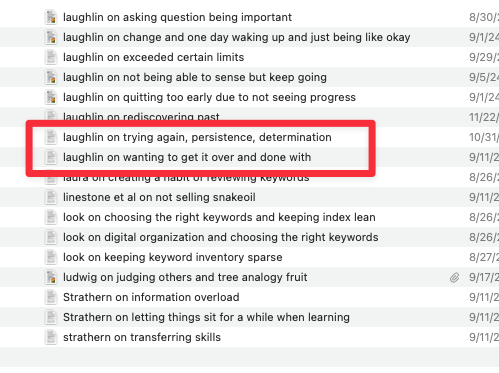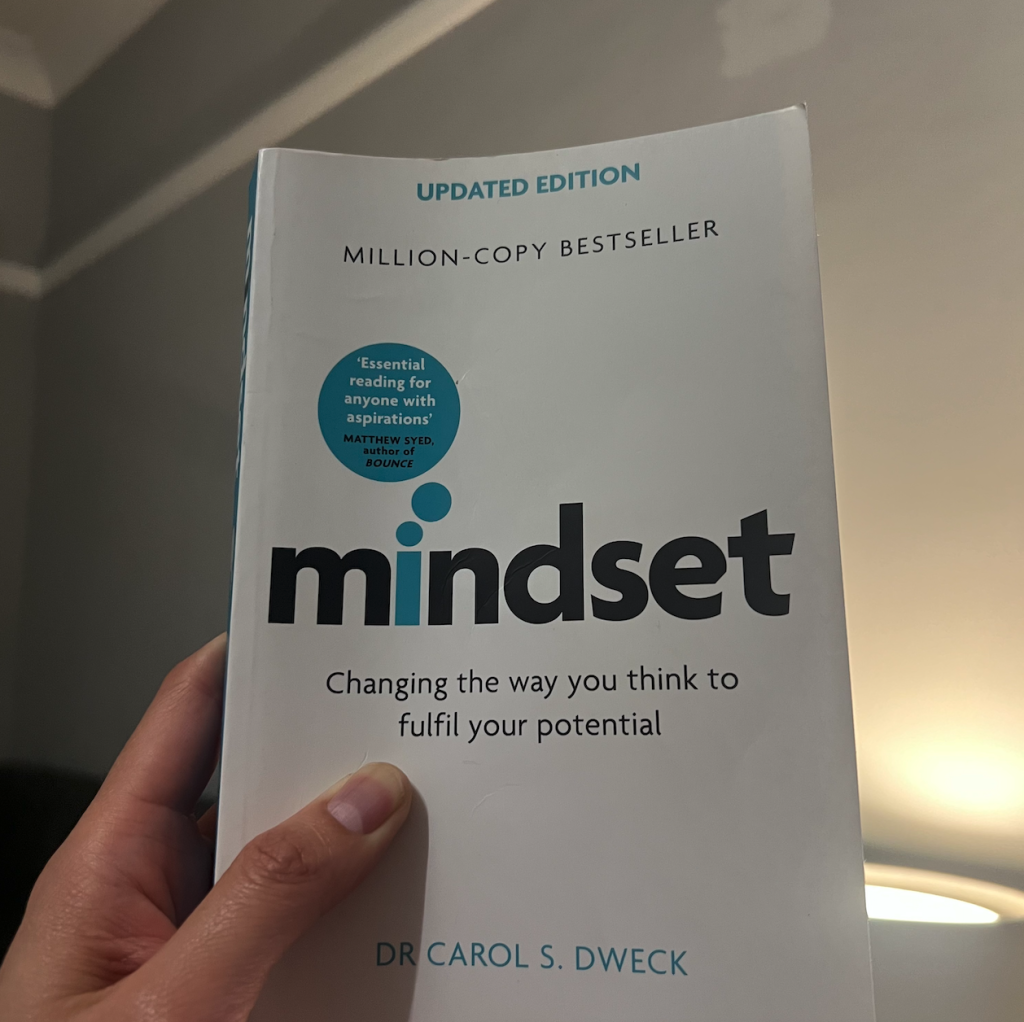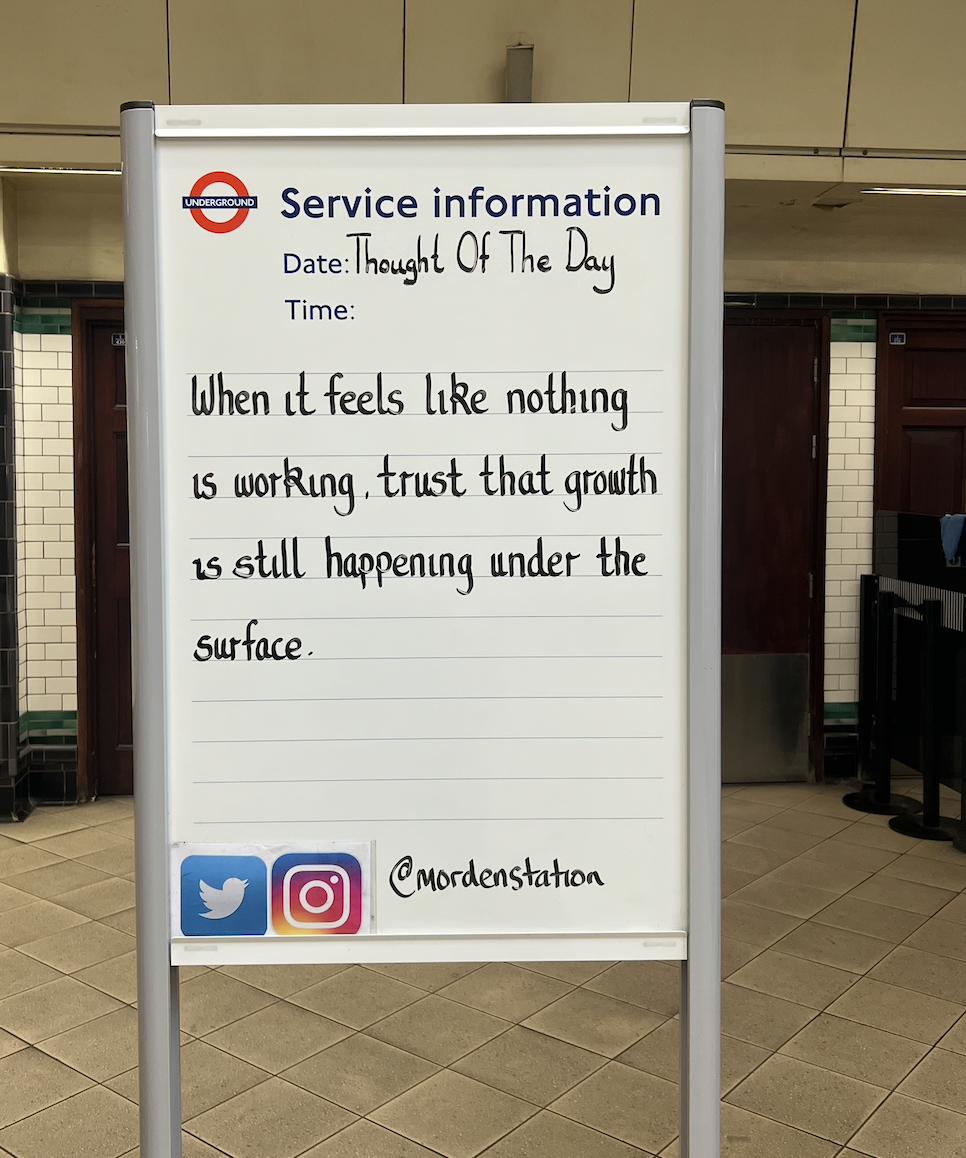I’ve been told throughout my life that I have a tendency to rush. I struggle with boredom, which according to Brené Brown can be defined as “uncomfortable state of wanting to engage in a satisfying activity, but being unable to do it.”
People throughout my life would often (with good intention) kindly suggest that I “slow down” … when speaking … when learning a new skill … slow down they said. But for much of my life, I’ve felt similar Charlie Sheen, having only one speed: “Go.”
And this urge to want to move through life quickly — in a rush — I think partially stems from this belief (argument made by Oliver Burkeman) that it’s a mechanism for avoid the following: we’re all going to die someday and that our time on this earth is limited.
According to Oliver Burkeman, the average human life spans 4,000 weeks. I find that completely wild, don’t you? Death feels distance and the thought of it is unsettling. But after sitting with this negative emotion for a few deep breathes, a certain calmness follows. By radically accepting that my life is finite, my attention shifts towards ruthlessly prioritizing my life and ironically, the desire to rush dissipates.
It’s ironic and somewhat paradoxical.
By increasing awareness of life’s finitude, time begins to slow down. And in contrast, when there’s a lack of this awareness, when traveling through life as if there’s an infinite amount of time, I tend to rush.
By accepting that my time will soon come to end, I temporarily free myself from what Burkeman calls the “brace position”.I drop the desire to get everything done immediately. Instead, I transition to a state of mindfulness, revisiting projects that I want to tackle, breaking them down into tiny, manageable bite sized chunks and slowly, but surely, chip away at them.
Adopting the mindset of incremental improvement
So again, instead of my default tendency to try and make one-off titanic shifts in my life, I am practicing the art of incremental improvement. I’m applying this mindset towards sharpening my organizational skills. Looking back at all my previous attempts on becoming an organized person — the desire for identifying as an “organized person” may stem from a fixed mindset, which can be counter productive for development — I had approached learning organization skills with sort of a “get it done and over with” mindset.
This attitude of wanting to rapidly get through things reminds of one piece of advice that Kit Laughlin passed on another forum member on Stretch Therapy, who was trying to rush the process of becoming flexible:
“Just wanting to get it over and done with” is exactly why it’s not working for you. The attitude you bring creates the resistance you feel in your body. I guarantee zero progress with this approach. If you really don’t want to do it (for whatever reason) then don’t. Life is much simpler if you approach it directly like this.
The above comment reminded me of another topic on the forum, a topic on failure and persistence; developing organizational skills for me has been (and continues to be) challenging. But despite the frustrations and setbacks, I persevere:
No. That is what your mind tells you, no doubt, but when you try, and fail, and try again, you are developing persistence and determination; and you are signalling to the organism that you are serious about change. What you describe (the idea quoted above) is literally the reason so many people who desire change cannot bring it about. What you argue is a thought—that is all—and it is not true.
Tiny little victory of pulling quotes
And I want to hit pause for a second and share that I’m experiencing a proud moment: I was able to find the two above quotes within seconds, pulling them out from my digital organizational systems by:
- Launching my DevonThink app on my laptop
- Expanding the “quotes” directory
- Navigating to “L” (first letter of Laughlin)
- Linearly searching for the quote

I consider my current approach fairly effective. And one way to evaluate effectiveness is by measuring the approach through the lens of the POET compass:
- P – Presents well (on time and clear)
- O – out of the way (invisible)
- E – easy to use/get to (instant)
- T – trusted (off mind)
Based on the criteria above, I think that my quote management system works (for me, right now):
- Presents well – was able to relatively quickly (in the order of seconds) retrieve the quotes.
- Out of the way – Yes, up until the moment I wanted to fetch them, they were out of sight.
- Easy to use/get to – In terms of easiness, little effort (a few clicks) and a short linear search, which for me is acceptable since I’m not storing a huge volume of quotes.
- Trusted – I have not visited my DevonThink application for (probably) months and the application was certainly off my mind and yet, I could trust that I could return and retrieve the necessary quotes.
Summary
Here’s a reminder to self that I can slow down and walk the path of slow and steady.

